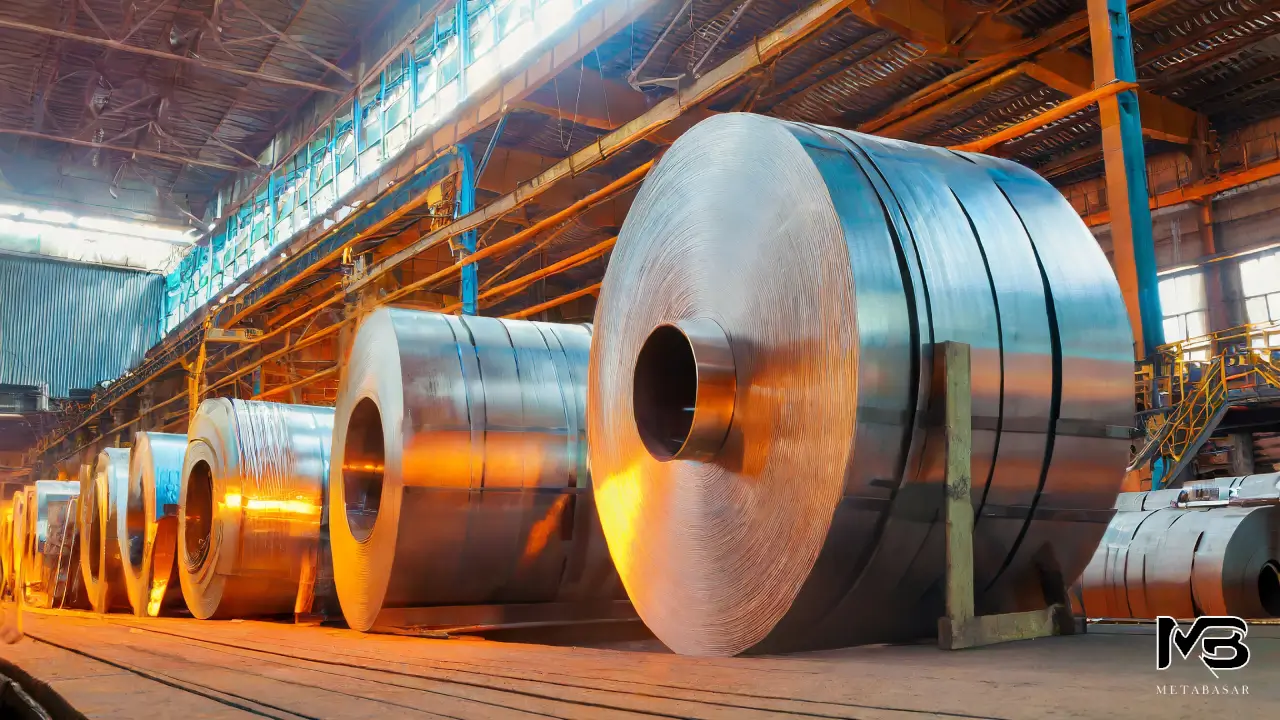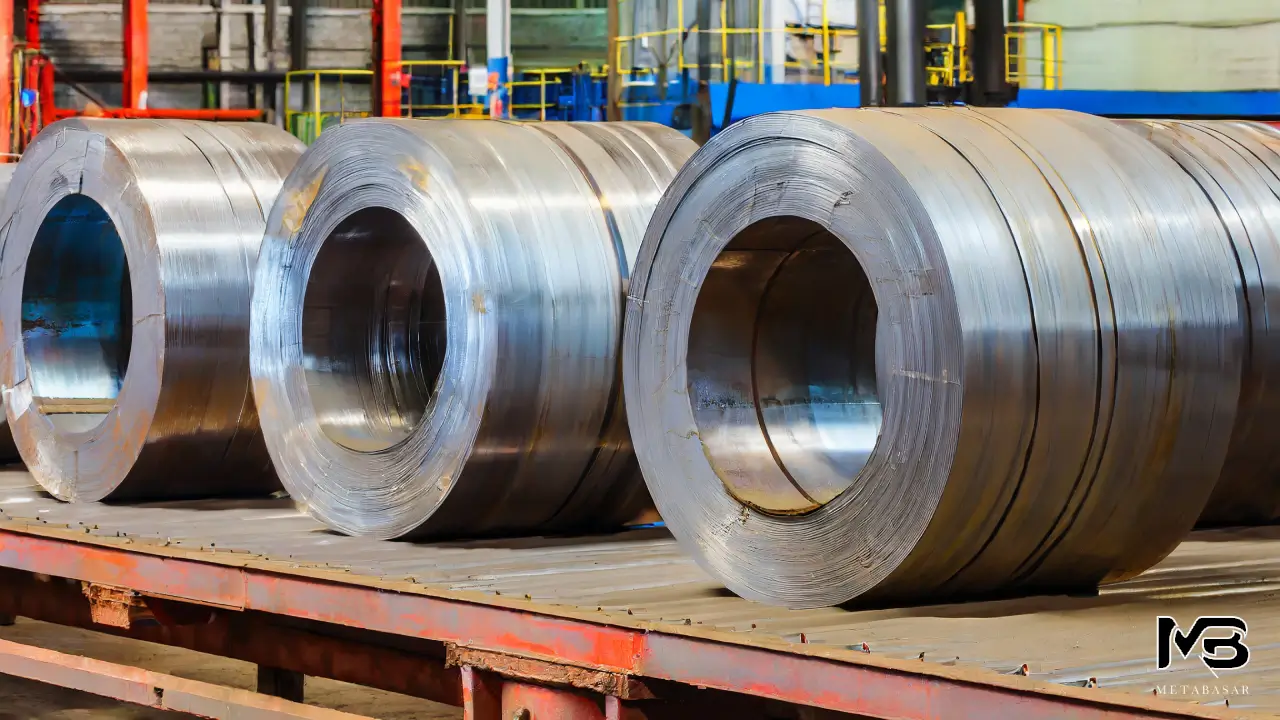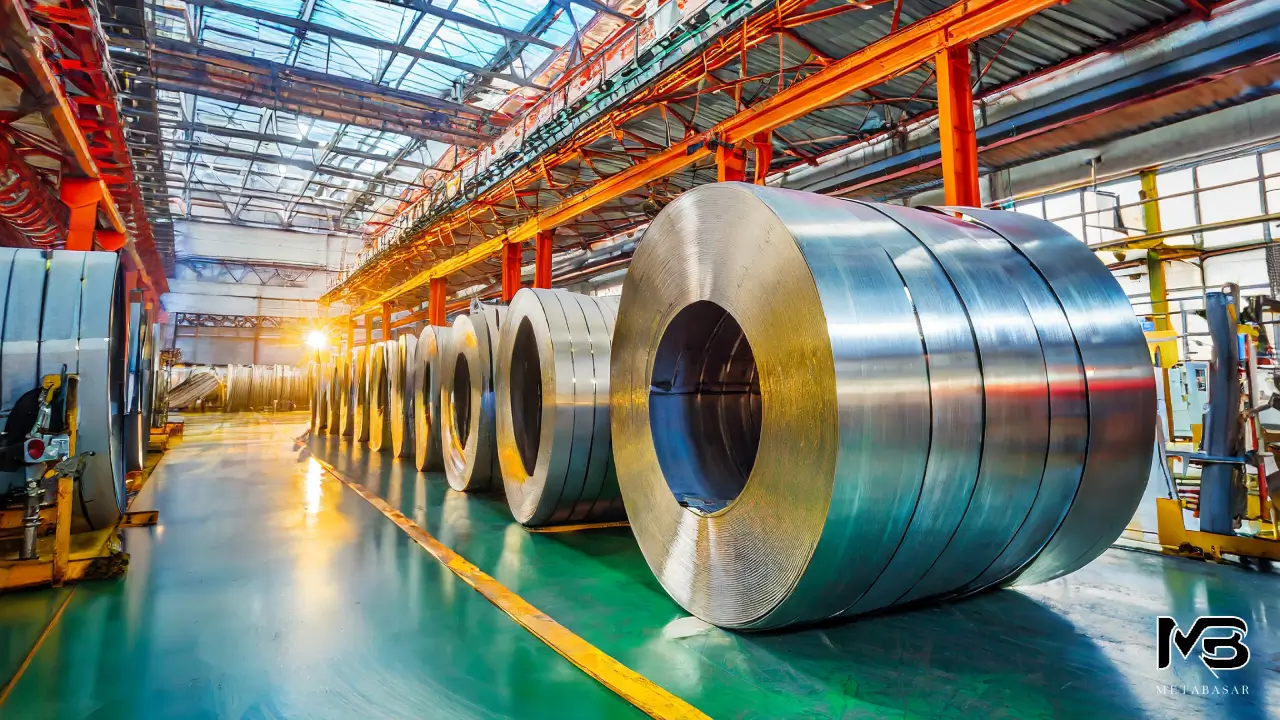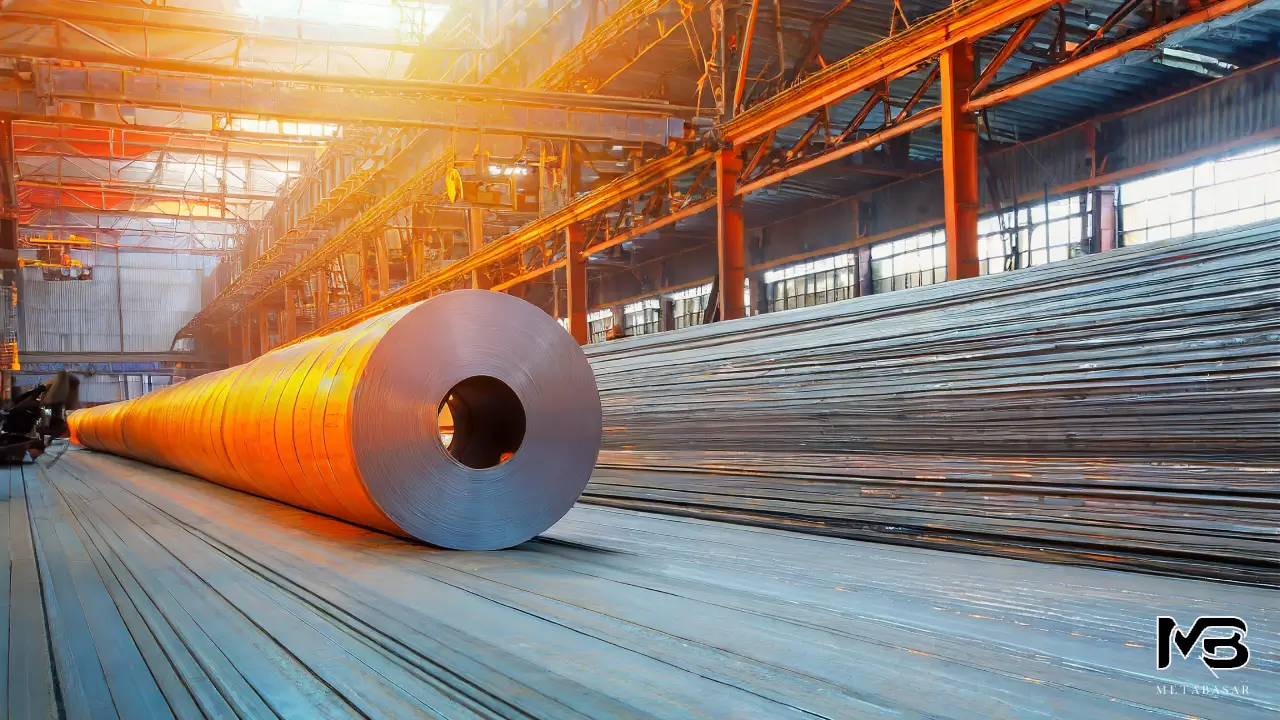Unlocking the Science of Steel Coil Optimization
Steel Coil are an essential component in various industries, such as manufacturing, construction, and automotive. However, optimizing steel coil production and utilization can be a complex process. In this blog post, we dive deep into the science of steel coil optimization.
We cover the basics of steel coils, their production process, and the key factors that influence their quality and efficiency. We also explore the applications of steel coils in different industries, such as pipe manufacturing, structural steel members, electronic equipment, and automotive parts.
Additionally, we discuss the process of metal stamping with steel coils and its advantages and challenges. Finally, we provide expert strategies for enhancing efficiency in steel coil optimization to improve your bottom line. Get ready to unlock the science behind steel coil optimization and take your production to new heights!
Table of Content
- 1 Understanding the Basics of Steel Coil
- 2 The Science Behind Steel Coil Production
- 3 Applications of Steel Coils Across Industries
- 4 Diving Deeper: Steel Coil in Automotive Parts Manufacturing
- 5 Steel Coil in the Creation of Metal-Stamped Parts
- 6 Expertise in Steel Coil Optimization
- 7 Frequently Asked Questions
- 8 Conclusion
Understanding the Basics of Steel Coil
Understanding the foundational principles behind steel coil utilization is crucial. The recrystallization temperature, coating, and thickness are pivotal in various industries such as automotive and aerospace applications. Heating processes and weld-coating enhance durability.

Definition and Classification of Steel Coils
Steel coils, being metal sheets wound into coiled structures, boast various coatings like zinc for protection against rust. Classification is based on material, thickness, and intended application, enabling diverse industrial usage. Understanding material properties is crucial.
Importance of Steel Coils in Industry
Steel coils are crucial for machinery, construction, and consumer goods. Production advancements from leading countries drive innovative solutions. Their durability ensures robustness in various industries and infrastructure, contributing to longevity and reliability of goods.
The Science Behind Steel Coil Production
The production of steel coils involves the transformation of ingots into metal sheets, ensuring efficient storage and transport. Precise heating and cooling methods, along with advanced technologies, are pivotal in manufacturing high-quality steel coil materials indispensable for diverse applications.
Overview of the Production Process
The production process of steel coils involves the flattening and coiling of metal sheets using advanced machinery and meticulous attention to detail. Stringent quality control measures and cutting-edge techniques enhance efficiency.
Key Factors Influencing Quality and Efficiency
The consistency of steel coil width and thickness is crucial for product quality, while precision in production minimizes material wastage. Material handling and innovative technology also greatly impact efficiency and accuracy. Quality control measures ensure consistent coil quality throughout the production process. Innovative welding techniques further enhance efficiency.
Applications of Steel Coils Across Industries
The manufacturing of high-quality pipes and tubing heavily relies on steel coils. Additionally, durable steel coils are essential components in various industries for structural steel members. Moreover, the versatility of steel coil materials benefits the production of electronic equipment.
Role in Pipe-Manufacturing
Transforming steel coils into pipes for plumbing, construction, and infrastructure relies on their durability and flexibility. Diverse steel coil specifications cater to varied pipe-manufacturing needs, creating corrosion-resistant and robust piping solutions.
Essential Component in Structural Steel Members
The production of high-quality beams, columns, and structural steel components heavily relies on the crucial role of steel coils. Their malleability and durability ensure longevity and support innovative solutions in structural design, driving efficiency in engineering. Advanced applications of weld contribute to sustainability.

Significance in the Production of Electronic Equipment
In electronic equipment production, steel coil materials are crucial for manufacturing casings and enclosures. The coating is tailored to electronic equipment requirements, providing necessary strength and protection while contributing to reliability and precision.
Diving Deeper: Steel Coil in Automotive Parts Manufacturing
Diving into automotive manufacturing, steel coil materials are prized for durability and strength. These materials play a pivotal role in innovative solutions revolutionizing the industry, particularly in the United States.
Overview of Utilization in the Automotive Sector
Steel coil materials are essential for automotive assembly, influencing part production. They undergo heating and coiling processes and receive rust-proof coatings for longevity. Their significance extends to elevating vehicle safety standards.
Impact on Performance and Safety
The contribution of steel coil materials to automotive part performance and safety is indispensable. From ensuring structural integrity to preventing corrosion, these materials provide the necessary durability, strength, and weldability for automotive applications.
Steel Coil in the Creation of Metal-Stamped Parts
The creation of metal-stamped parts heavily relies on steel coil materials, providing rigidity and enabling efficient processes with precision and consistency. The aerospace industry in Brazil extensively utilizes these materials for their projects.
The Process of Metal Stamping with Steel Coil
Metal stamping with steel coil materials involves complex die and punch configurations, directly impacting part precision. The US is a prominent exporter of steel coil materials for metal stamping, integral in consumer goods manufacturing, facilitated by the coiled form of steel materials.
Advantages and Challenges
Metal stamping with steel coil materials presents opportunities for cost-effective mass production, yet challenges arise in material handling and waste reduction. The thickness and width of steel coil materials significantly impact part design intricacy, while their protective coating guards against wear.
Expertise in Steel Coil Optimization
Enhancing operational efficiency and cost-effectiveness through optimal steel coil utilization is pivotal. Vietnam leads in diverse optimization solutions, impacting material properties through heating and cooling processes. Industry expertise enhances product quality by maximizing yield and minimizing waste.

Key Strategies for Enhanced Efficiency
Incorporating state-of-the-art machinery and technology is crucial for optimizing steel coil processes. Quality control measures are essential to ensure consistent output, while effective strategies directly impact material durability. Innovations aim to streamline production and reduce lead times, with a keen focus on material thickness consistency.
How Can Optimization Improve Your Bottom Line?
Optimizing steel coil operations can have a tremendous impact on your bottom line. By streamlining processes and reducing waste, you can achieve significant cost savings and increase productivity. Tailored optimization solutions cater to industry-specific requirements, while enhanced material properties lead to superior product performance.
Frequently Asked Questions
What is the process of steel coil optimization?
Steel coil optimization involves analyzing various factors to determine the most efficient way to process coils, considering width, thickness, weight, and equipment. The goal is to minimize waste and maximize production efficiency. Advanced software tools simulate different scenarios to find optimal processing parameters.
How does steel coil optimization improve manufacturing efficiency?
Steel coil optimization significantly improves manufacturing efficiency by reducing material waste, increasing yield, ensuring consistent quality, and reducing downtime. This leads to fewer defects in the final product and significant cost savings for manufacturers.
What are some common challenges faced during the steel coil optimization process?
During the steel coil optimization process, several challenges may arise. These include determining the optimal number of coils and sizes required for production, balancing efficiency with quality control, and managing variations in raw material quality and supplier availability. Utilizing advanced software and analytics can help overcome these challenges and improve the optimization process.
What are the benefits of implementing a steel coil optimization system?
Implementing a steel coil optimization system offers numerous advantages. It enhances production efficiency, reduces waste, and improves quality control. Moreover, it optimizes inventory management, leading to cost savings. Real-time data and insights provided by the system aid in better decision-making.
Conclusion
In conclusion, understanding the science of steel coil optimization is crucial for various industries. Steel coils play a vital role in pipe-manufacturing, structural steel members, and even in the production of electronic equipment. Furthermore, the automotive sector heavily relies on steel coils for improved performance and safety.
Additionally, metal-stamped parts are created using steel coils, offering advantages and challenges in the process. To enhance efficiency and improve your bottom line, it is essential to have expertise in steel coil optimization. Implementing key strategies such as proper handling, storage, and maintenance can significantly impact the quality and efficiency of steel coils. By unlocking the science of steel coil optimization, you can ensure better results and success in your industry.

